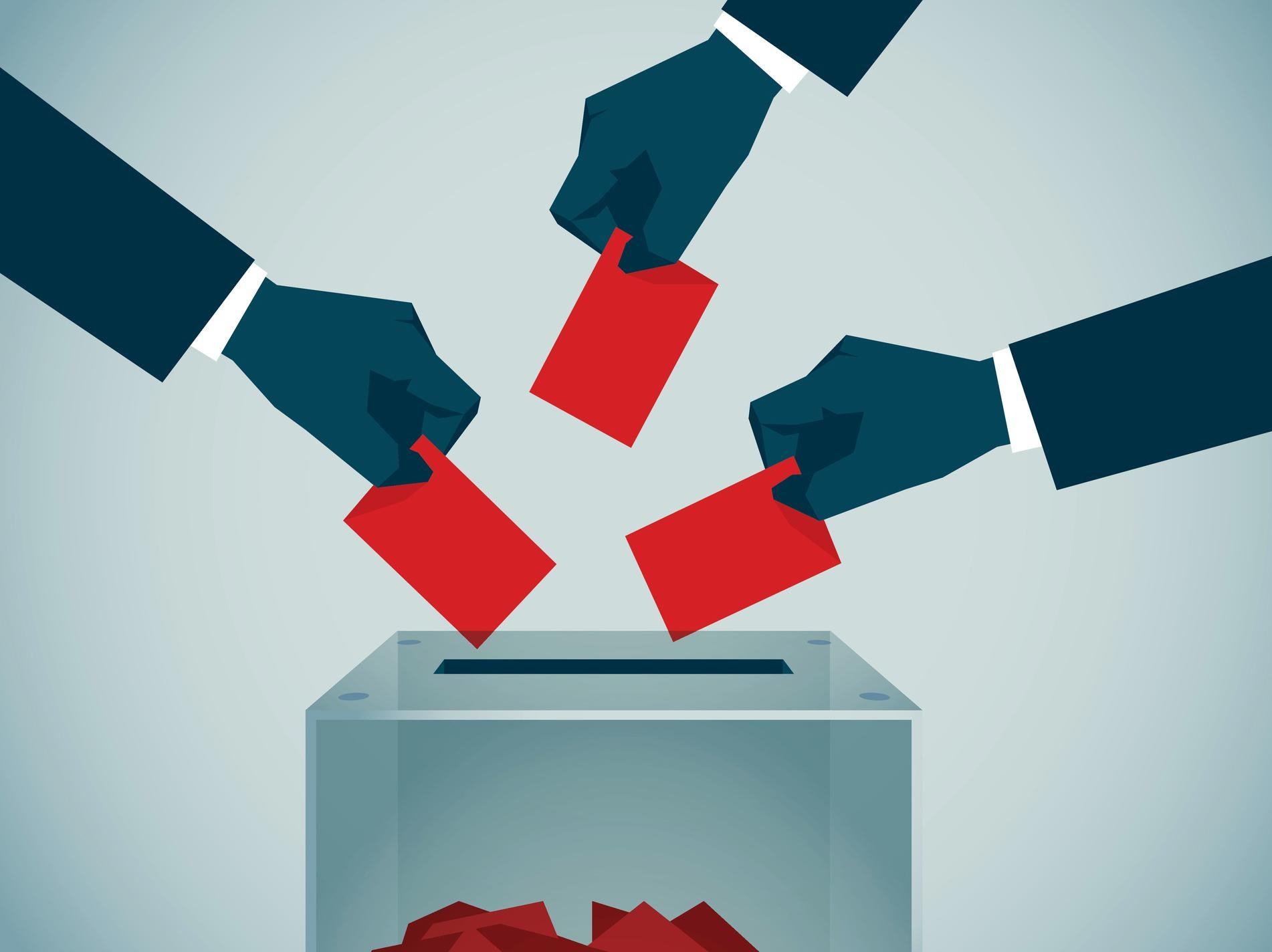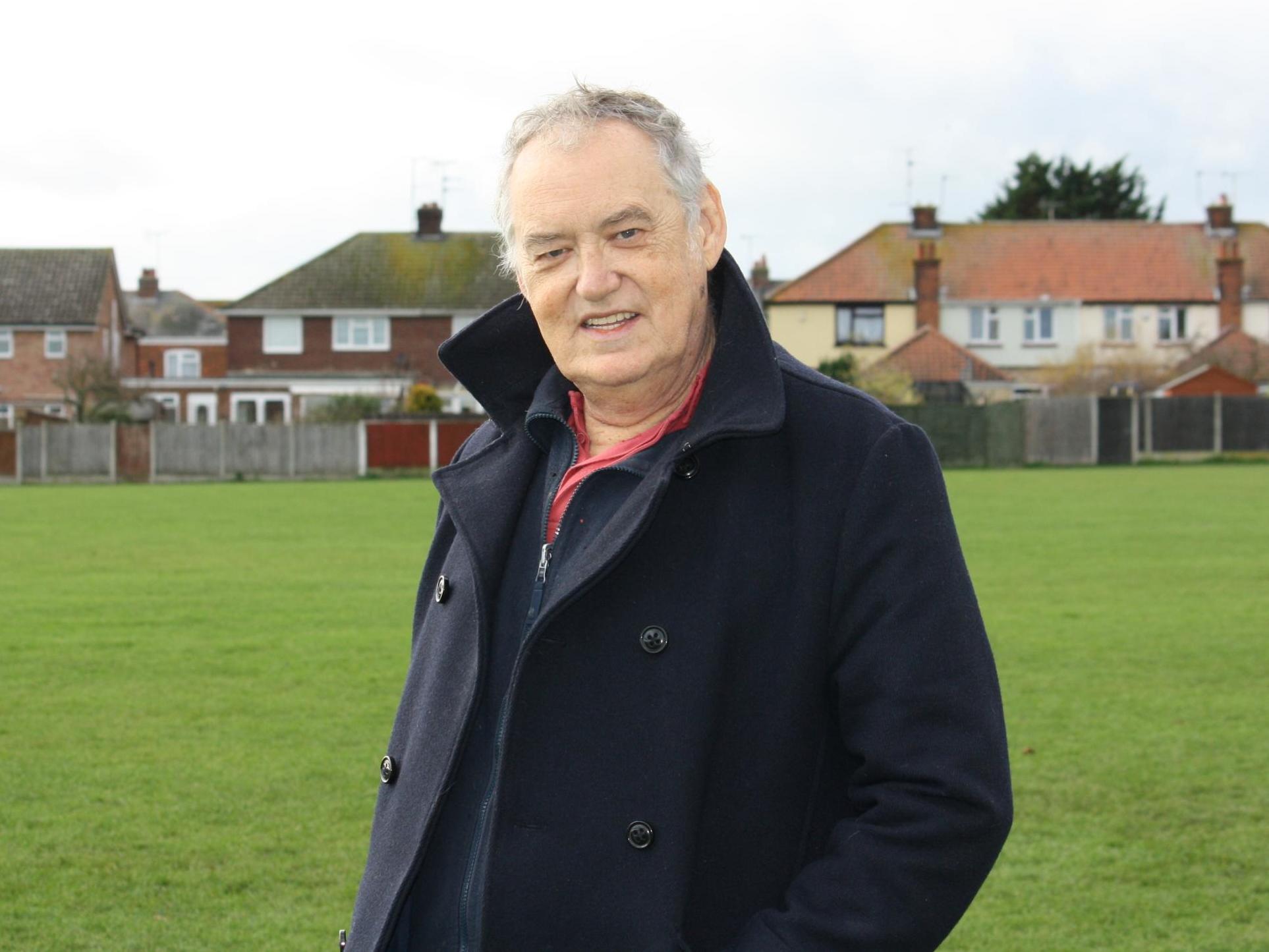Government’s voter ID plans to face High Court legal challenge after crowdfunding campaign
Scheme would ‘erode our hard-won fundamental rights, merely to combat a problem that barely exists,’ says campaigner Neil Coughlan

Your support helps us to tell the story
From reproductive rights to climate change to Big Tech, The Independent is on the ground when the story is developing. Whether it's investigating the financials of Elon Musk's pro-Trump PAC or producing our latest documentary, 'The A Word', which shines a light on the American women fighting for reproductive rights, we know how important it is to parse out the facts from the messaging.
At such a critical moment in US history, we need reporters on the ground. Your donation allows us to keep sending journalists to speak to both sides of the story.
The Independent is trusted by Americans across the entire political spectrum. And unlike many other quality news outlets, we choose not to lock Americans out of our reporting and analysis with paywalls. We believe quality journalism should be available to everyone, paid for by those who can afford it.
Your support makes all the difference.A government pilot scheme requiring voters to produce identification before they can vote in local elections is to be challenged in the High Court over claims it is “unlawful” and will prevent people from going to the polls.
The legal action is being brought by 64-year-old Neil Coughlan from Witham in Essex, following an online fundraising campaign which has raised over £33,000.
He said the scheme “does not withstand scrutiny”, and said it would disproportionately affect poor and vulnerable members of society.
He also pointed out incidences of voter fraud are “exceedingly rare”. Just 28 claims of voter impersonation were recorded at the 2017 general election according to the Electoral Reform Society (ERS).
Ministers announced last year 11 local authorities would take part in voter ID trials in May, although two councils have since withdrawn from the scheme
The pilot is designed to test the system before a planned national roll-out of voter ID checks at the next general election.
Ahead of a two-day hearing in London Mr Coughlan said: “Universal suffrage – the right to vote for all adult citizens, regardless of property ownership, income, race or ethnicity – is a concept that lies at the very heart of our democracy. I have brought this legal case because I feel duty bound to challenge a government scheme that would erode our hard-won fundamental rights, merely to combat a problem that barely exists.
“It is the poor and vulnerable who will be affected by this – people who already struggle to have their voices heard. I will be attending the High Court to defend our democracy against the government’s dangerous plans.”
Labour is supporting Mr Coughlan’s challenge. Writing for PoliticsHome MP for Lancaster and Fleetwood Cat Smith said: “The right to vote lies at the very heart of our democracy and it is disgraceful that the Tories are trying to take this away from us. Labour is proud to support this legal challenge and we applaud Neil for taking a stand.”
The areas set to take part in the trial are Pendle, Woking, Broxtowe, Derby, North Kesteven, Braintree, Mid Sussex, Watford and North West Leicestershire.
An earlier set of trials were carried out in five English boroughs during the the 2018 local elections and research from the Electoral Commission found more than 1,000 people were turned away.
Under the new pilots, voters in the participating areas will have to meet ID requirements, as set out by each local authority, in order to be able to cast their ballot.

Neil Coughlan has raised over £30,000 to support his legal challenge to the voter ID pilot scheme (Neil Coughlan)
The government has already been urged to abandon the contentious proposals, with the ERS saying that at a projected cost of up to £20m to implement, and with low rates of voter impersonation, the ID plans could equate to £700,000 per fraud allegation.
Announcing the pilots in November last year, the Cabinet Office said it was working with a “broad range” of organisations to ensure the policy would reflect the needs of all UK voters.
It also said local authorities will provide alternative methods of ID, free of charge, to anyone who does not have a specified form of ID, so that everyone who is registered to vote has the opportunity to do so.
Mr Coughlan’s solicitor Tom Short, of law firm Leigh Day, said: “Our client is deeply concerned that the requirement to produce ID in order to vote is likely to prevent or discourage prospective voters from exercising their right to take part in the democratic process and will only serve to further disenfranchise marginalised communities.
“We will argue that by imposing restrictions on who can vote, the Cabinet Office is acting outside the powers given to it by Parliament to approve pilot schemes aimed at increasing voter participation. We will argue that any attempts to introduce voter ID requirements in elections ought to be subject to the proper scrutiny of Parliament.”
Additional reporting by Press Association
Join our commenting forum
Join thought-provoking conversations, follow other Independent readers and see their replies
Comments